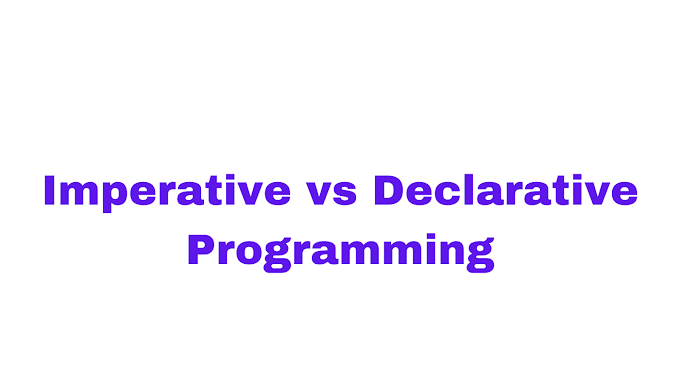Method overloading is a feature in Java that allows a class to have multiple methods with the same name, as long as they have different parameter lists. This can be a useful technique for creating more concise and readable code, as it allows you to reuse method names while still providing different behavior depending on the input. In this blog post, we'll explore everything you need to know about method overloading in Java, including how it works, the rules for defining overloaded methods, and best practices for using it in your code.
To overload a method in Java, you need to define multiple methods with the same name but with different parameter lists. The parameter list includes the number of parameters, the type of each parameter, and the order of the parameters. For example, consider the following methods:
public void print(int x) { ... }
public void print(String s) { ... }
public void print(int x, String s) { ... }
These three methods are all overloaded versions of the print method, as they have different parameter lists. When you call the print method with different arguments, the Java compiler will determine which version to use based on the number and type of the arguments you pass.
There are a few rules you need to follow when defining overloaded methods:
- The methods must have different parameter lists.
- The methods can have different return types, but this is not sufficient to overload the method – the parameter lists must also be different.
- The methods can have different access modifiers, such as public, private, or protected.
- You cannot overload methods based on just the return type alone.
When using method overloading, it's important to consider readability and maintainability. Make sure that the different versions of the overloaded method are clearly named and have meaningful differences in behavior. Avoid overloading methods with only slight differences in behavior, as this can make the code more difficult to understand and maintain.
Overall, method overloading is a powerful tool for creating more concise and readable code in Java. By understanding how it works and following best practices, you can use it effectively in your projects.







![[Cupons] Paid udemy courses for free](https://blogger.googleusercontent.com/img/b/R29vZ2xl/AVvXsEgYa-f_8UEE95d9stpdRzq6_DUq19avn09M2CVWIuQGI_PwaZBMcNhuHmPZQsw81GMeWwUY2Q-Cr66RoAmMq1f_pok6pdv-W86qc9_wWSxqXEq_RHYyRY0Ldly_yi2DSfyed4Cxiks6Nbzp/w680/Paid+udemy+courses+for+free.png)





0 Comments
If you have any question please ask?